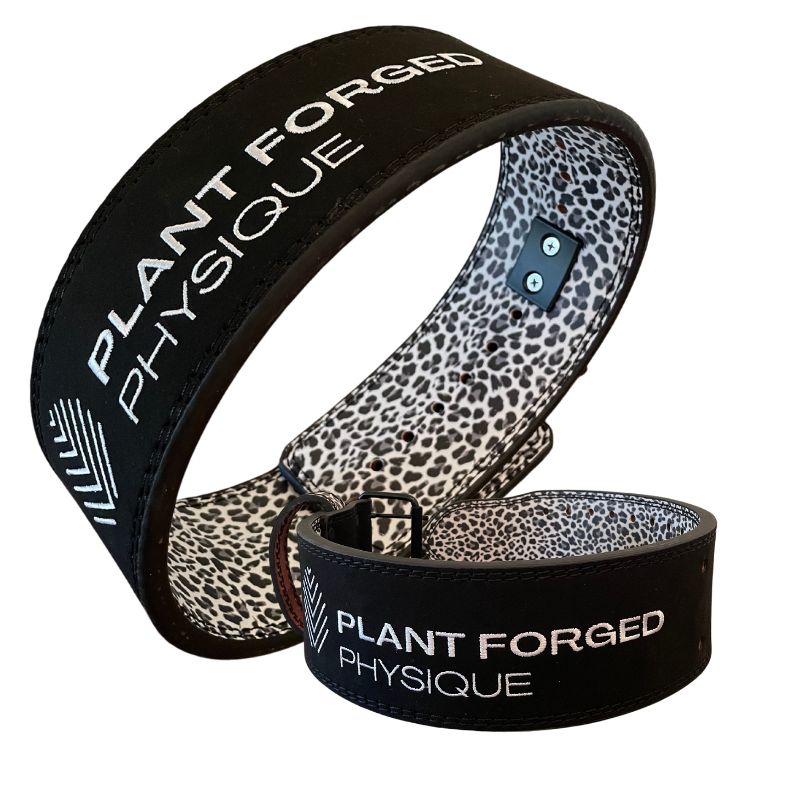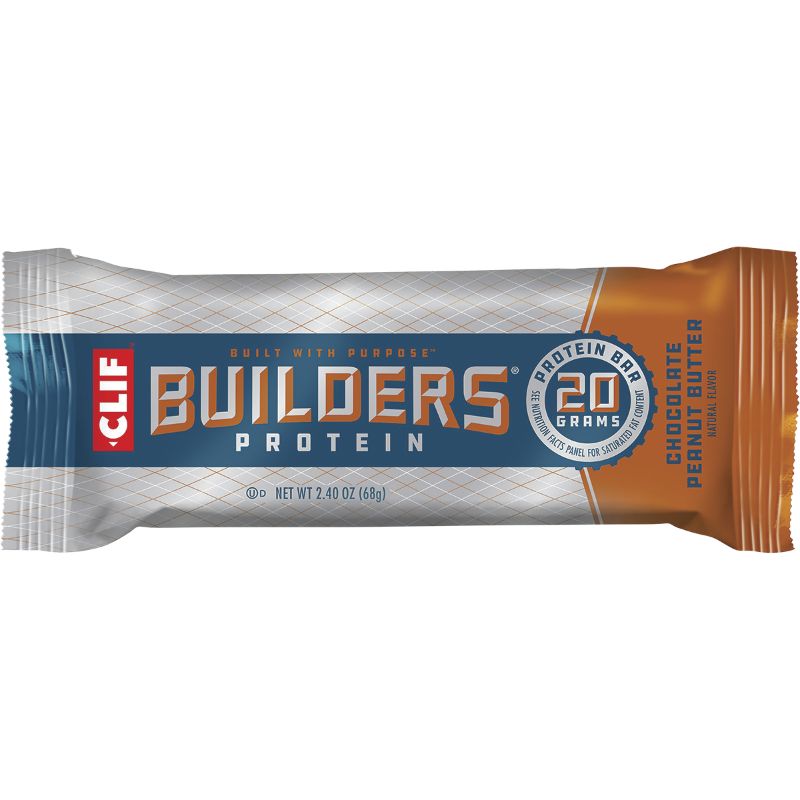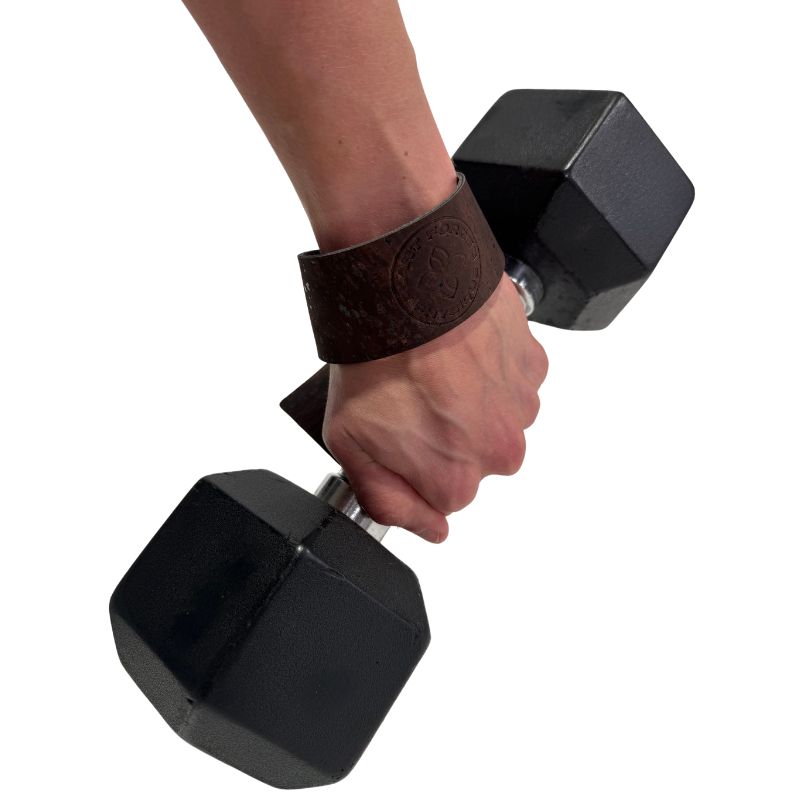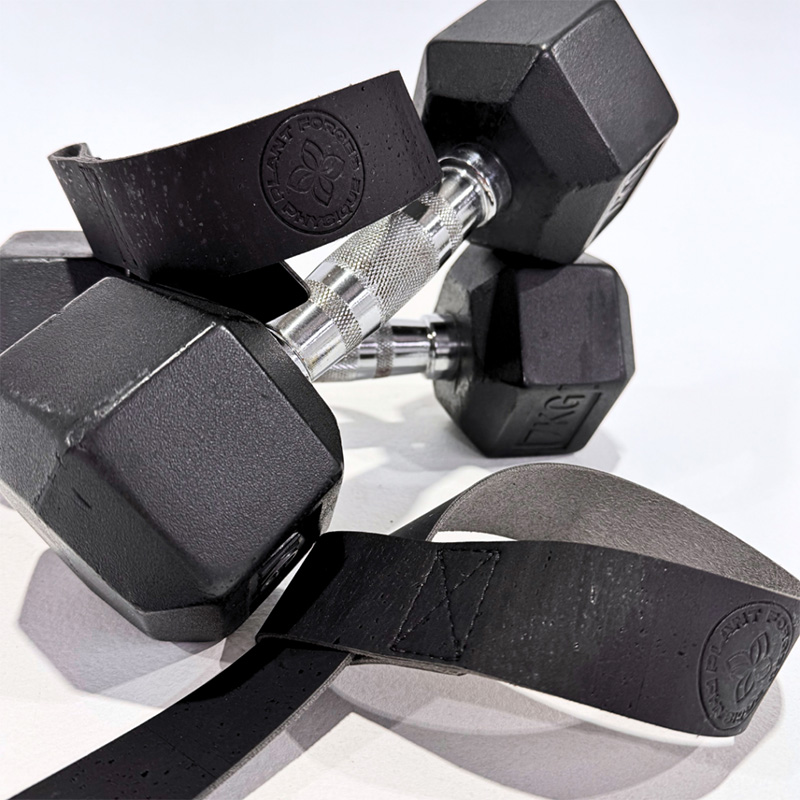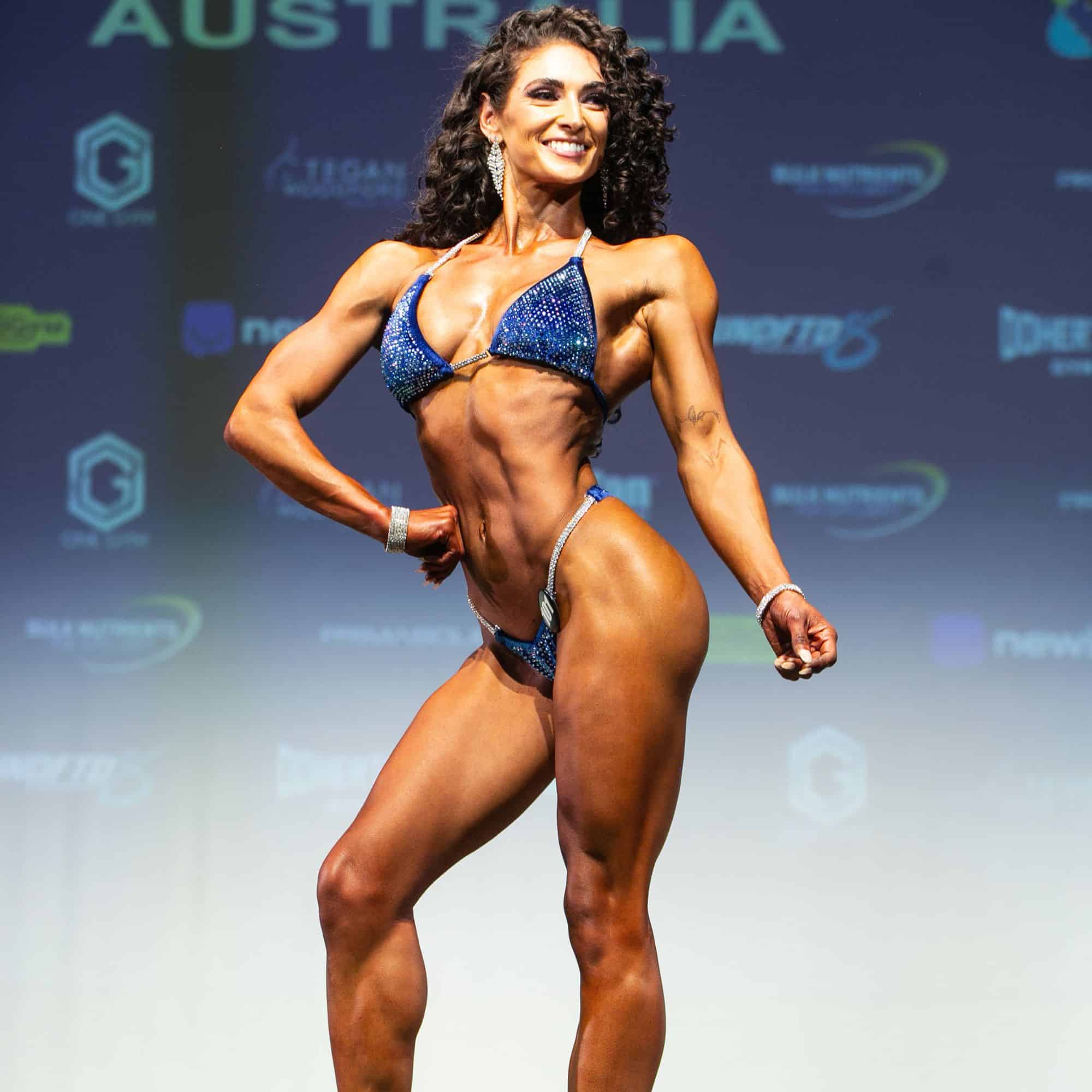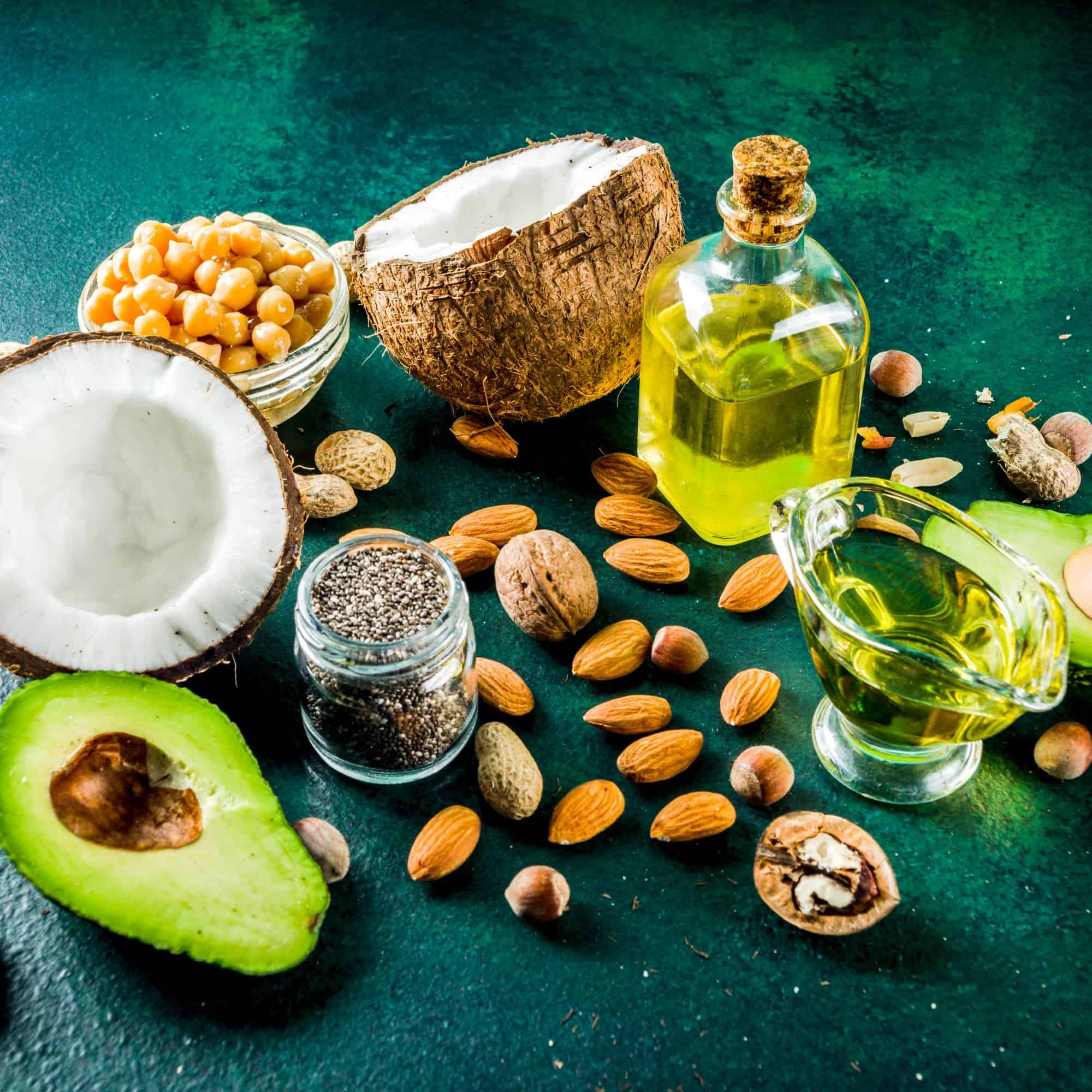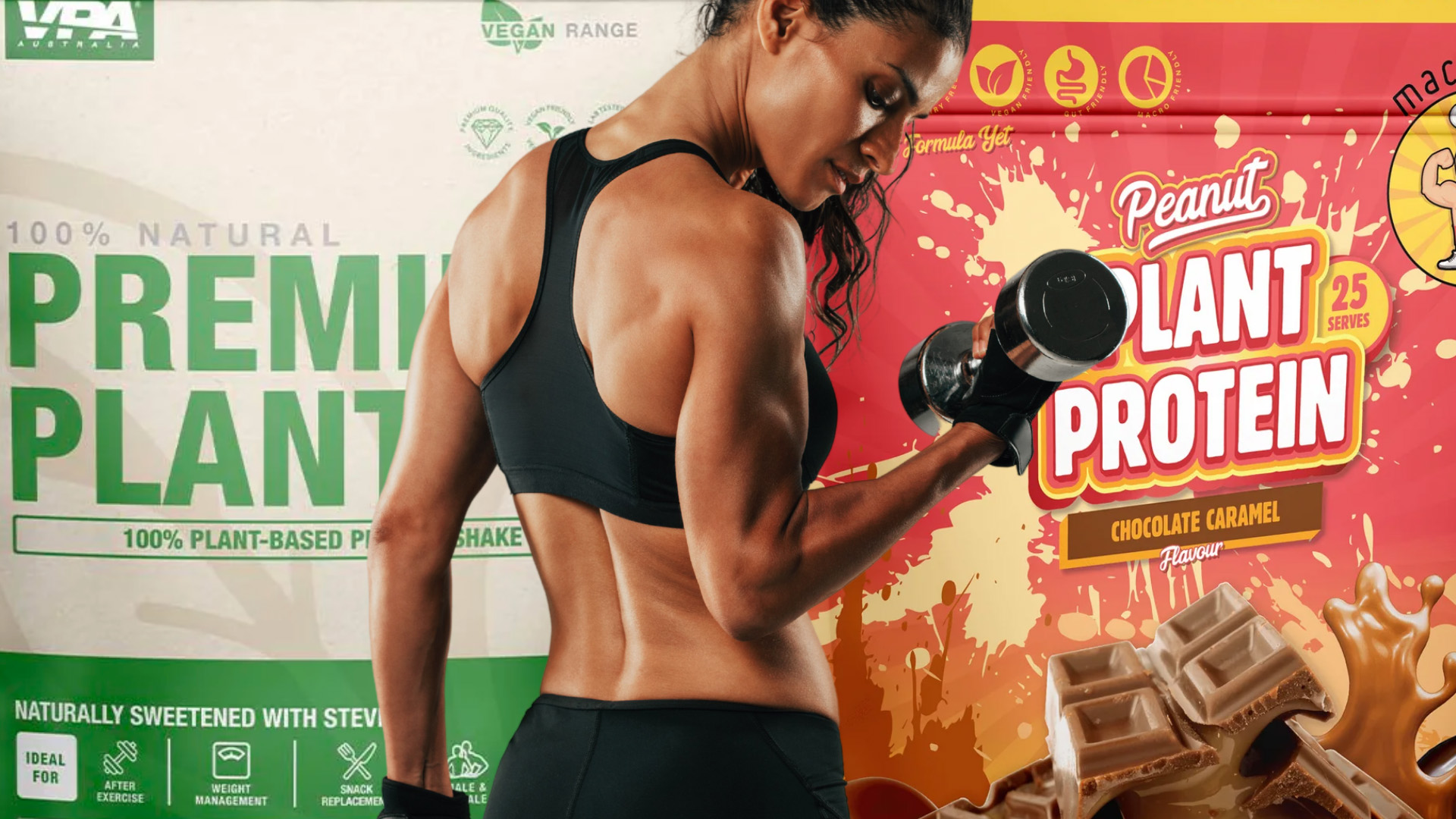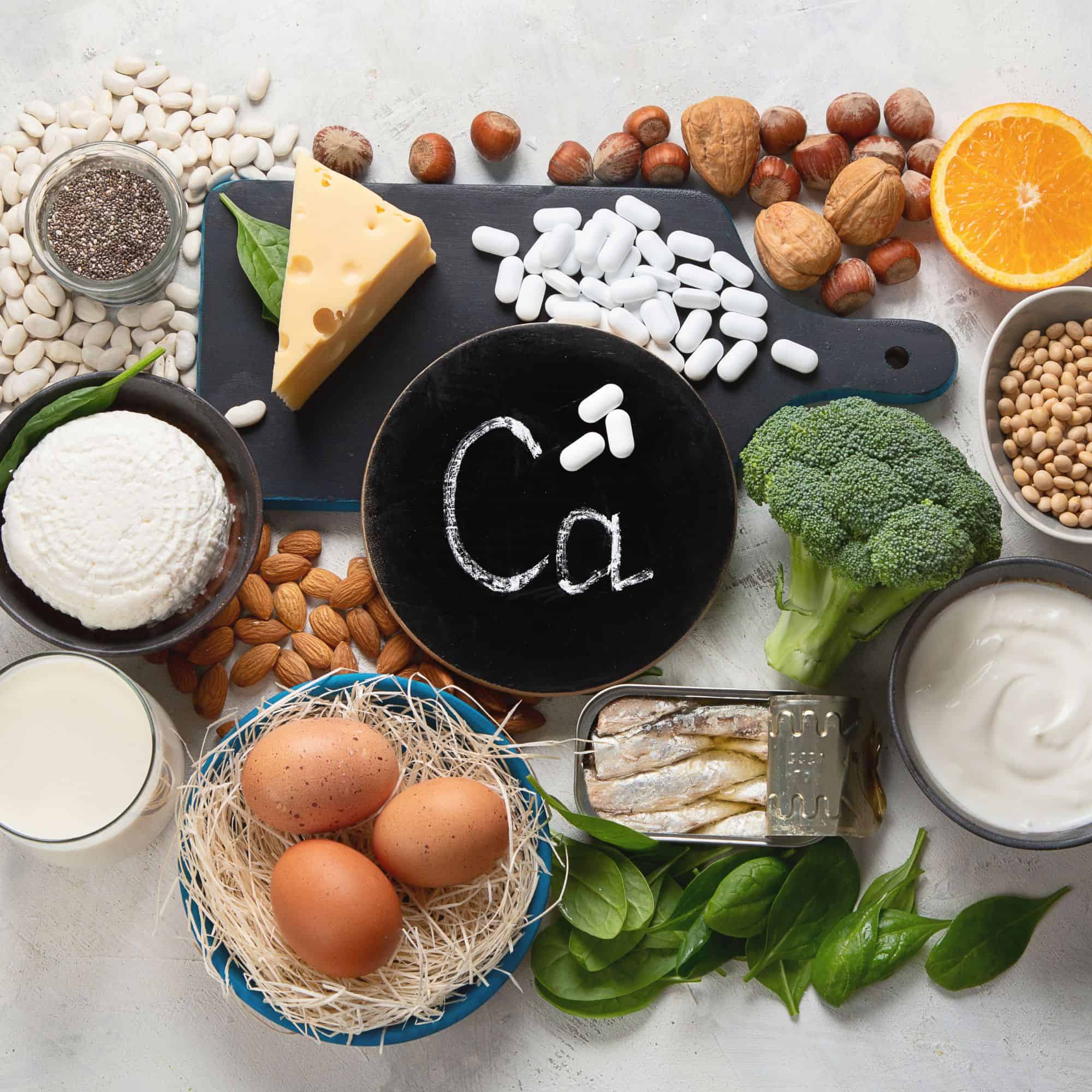
Micronutrients for vegan athletes
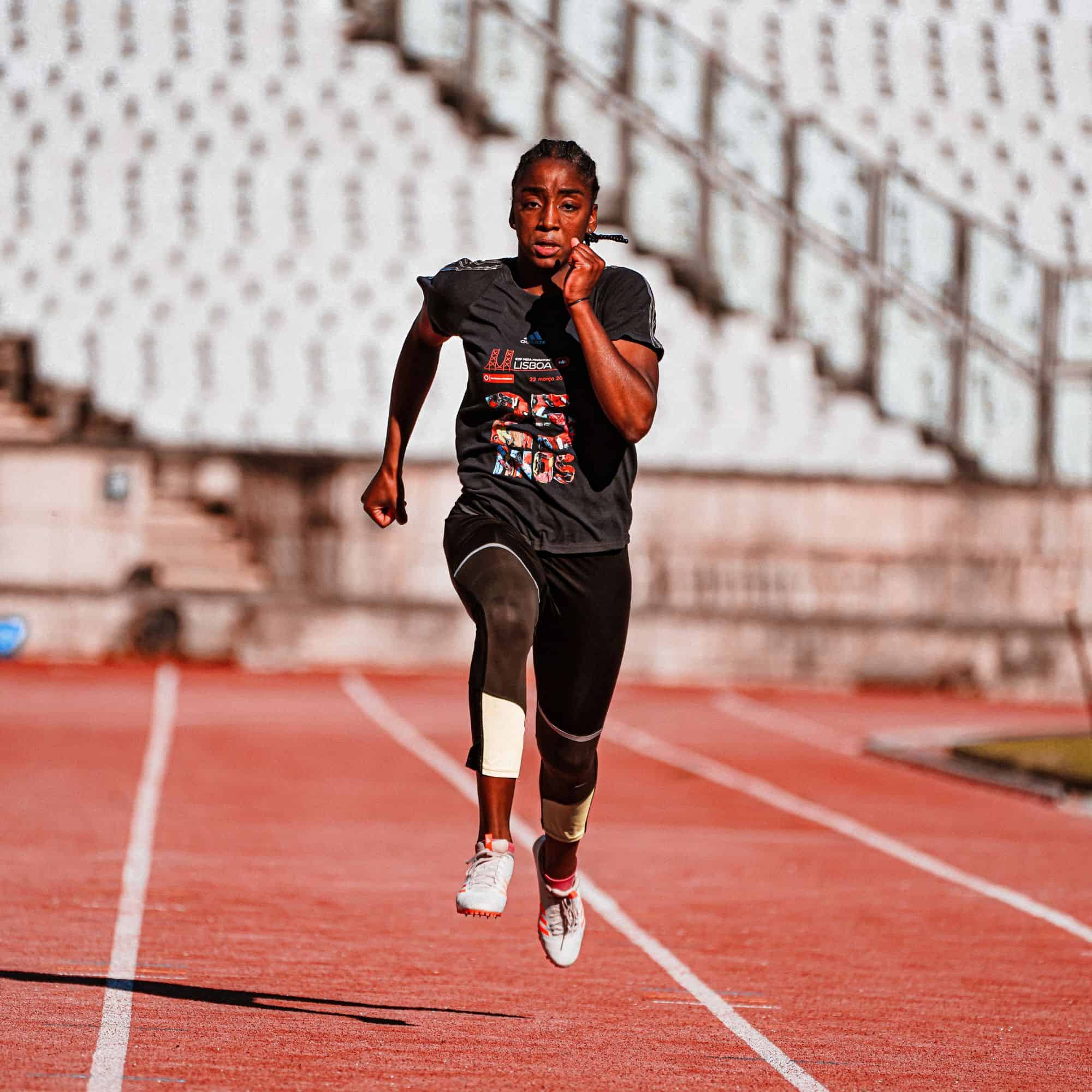
Vegan diets have health benefits such as reducing risk of cardiovascular disease and some cancers, lower saturated fat and cholesterol, reduced risk of obesity, and more dietary fibre.
However, eliminating animal products and meat from your diet can also expose vegans and vegetarians to nutritional deficiencies if not properly regimented and managed.
Meeting these recommendations is important for all-round health, but in particular for vegan athletes who will be looking to optimise their performance or results in a competitive setting.
Omega 3
Except pescatarian diets, most vegans or vegetarians won’t consume sufficient omega 3 EPA and DHA fats, which are found in fatty fish and seafood, to meet their recommended intake.
In fact, it’s not uncommon for the general omnivorous population to not meet their recommended intake of omega 3s as well.
Omega-3s play an important role in recovery which is vital for athletes across all spectrums of sport.
Supplementing with a combined EPA and DHA algae oil supplement (250-500mg combined DHA/EPA per day) would be beneficial for anyone looking to optimise their recovery from training.

shop
Green Nutritionals Omega 3 Vegan Capsules
$30.99
Support your plant-based lifestyle with omega-3 DHA/EPA for health, recovery and performance improvements. All the benefits, without the fish.
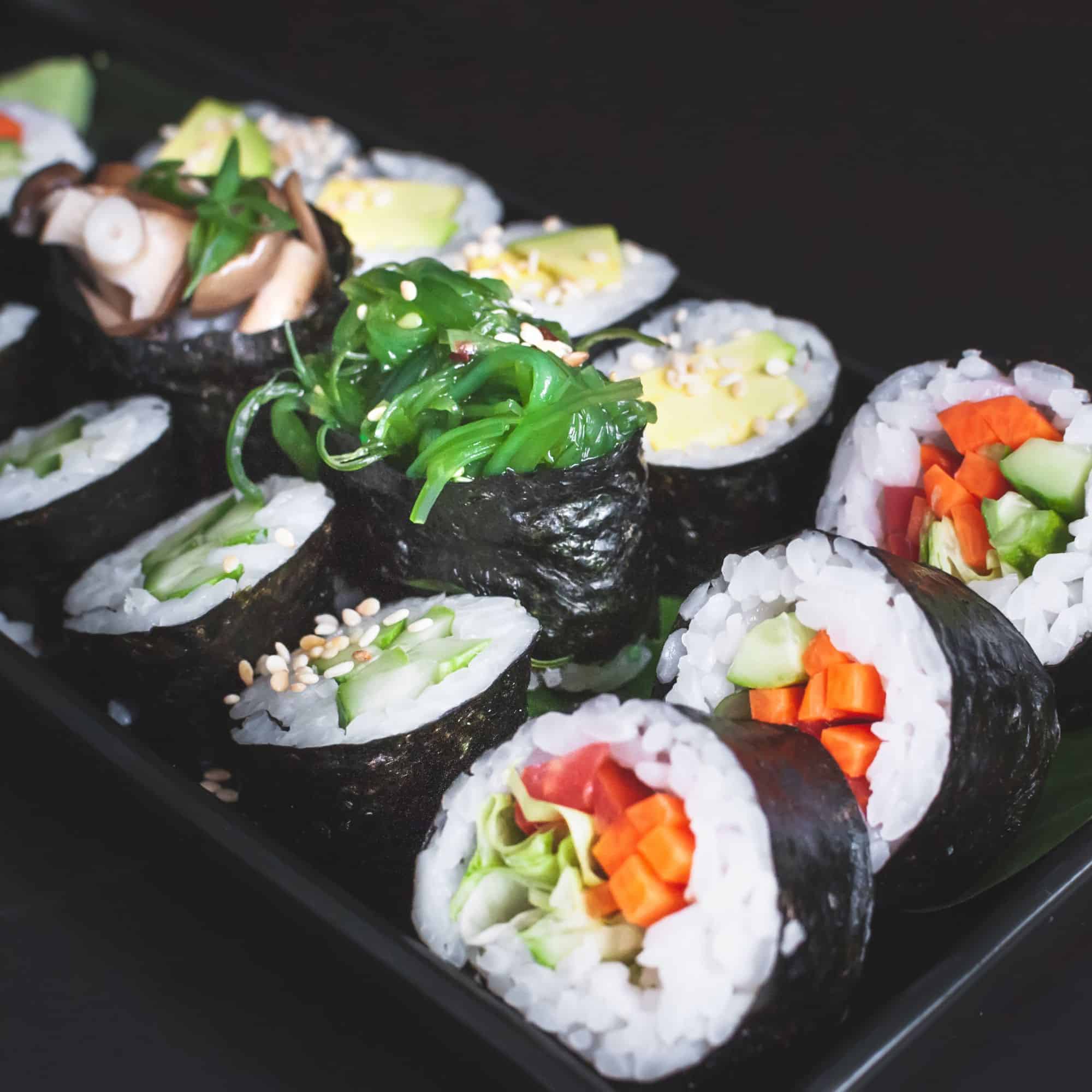
B12
Vitamin B12 plays an important role in neurological health and a deficiency in B12 can affect exercise performance through fatigue, lethargy and exhaustion.
B12 is present in seafood, red meat, white meat, eggs and dairy. Vegetarians and pescatarians therefore have an array of dietary options to consume B12. But this is not necessarily the case for vegans.
Consuming fortified cereals, and nutritional yeast can help provide vegans with B12. But absorption of Vitamin B12 is notoriously low, so a high-potency supplement regularly can help offset the likelihood of B12 deficiency.
Iron
Plant based diets can contain plenty of iron but the absorption of iron from plants is not great. Iron deficiency can reduce exercise capacity, cause fatigue and impair desired training response. This can result in anaemia which would leave anyone tired and short of breath.
The Heme iron found in meat and animal products is generally more easily absorbed by the human body than the non-heme iron found in plants. Therefore vegans are at greater risk of iron deficiency.
For this reason, the recommended daily intake of iron is 1.8 times higher for vegetarians and vegans than for those who eat meat.
Supplementing iron, and combining iron-containing and fortified foods every day with foods containing vitamin C can help increase the absorption of iron.
Zinc
Zinc plays a vital role in immunity, affecting risk of illness as well as testosterone – and therefore potentially athletic performance. Zinc is abundantly present in a well-rounded whole food focused vegan/vegetarian diet rich in nuts, seeds, legumes and whole grains.
However, similar to iron, absorption of plant derived sources is often limited. Vegans and vegetarians should aim to consume an additional 50% total zinc each day which is 12 mg/day for women and 21 mg/day for men.
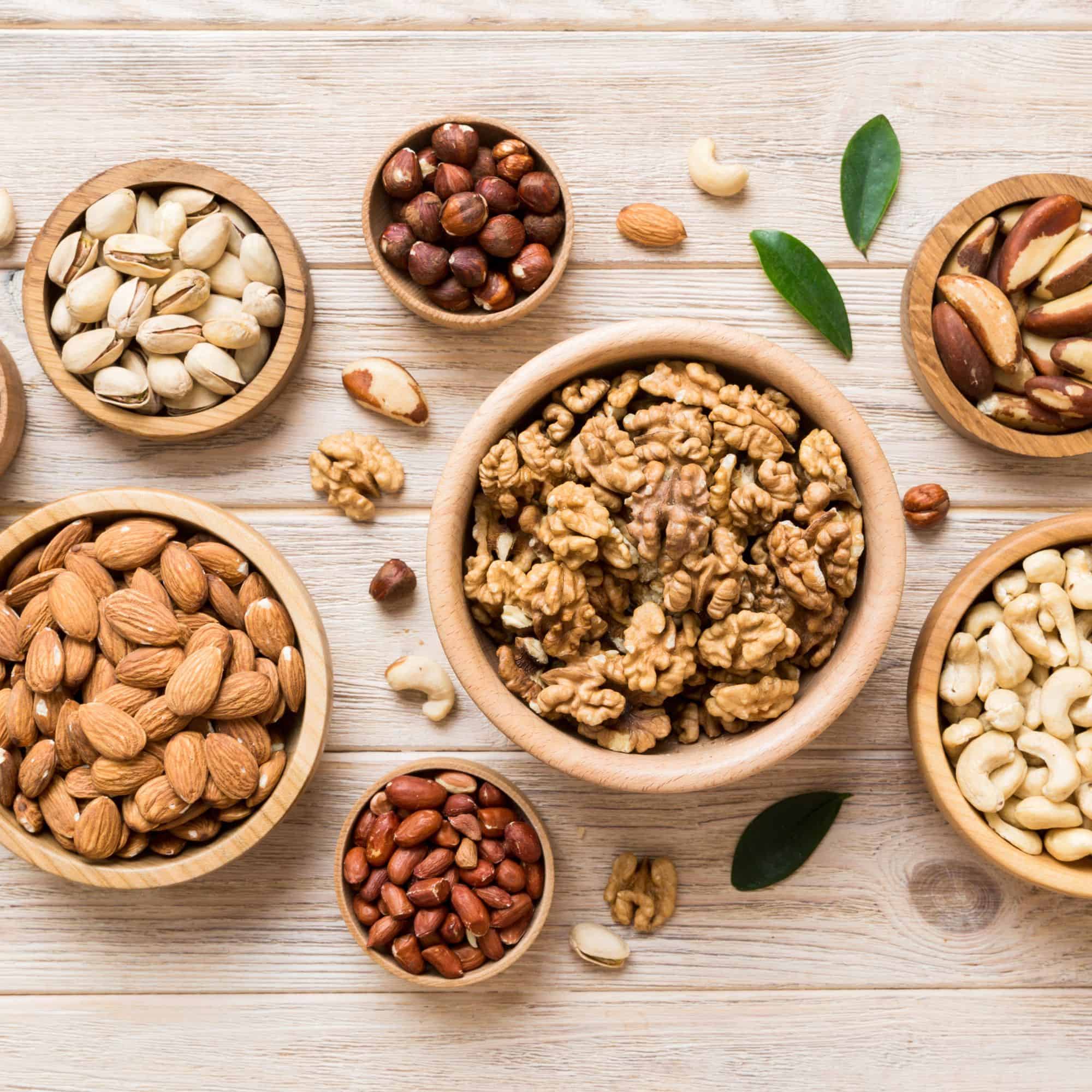
Calcium
Calcium is an important mineral involved in bone integrity, vitamin D absorption and muscle contraction. It’s important for reducing risk of injury, as well as muscular performance.
Green leafy vegetables, such as spinach provide a high proportion of calcium intake for vegans. However these vegetables often contain oxalate which can bind to minerals in the gut and limit the body absorbing them. So it is recommended that vegans consume calcium fortified foods such as calcium set tofu, calcium fortified milk alternatives and if needed, rely on supplementation through a medical professional.
shop
Green Nutritionals Calcium Vegan Capsules
$26.99 – $72.99
Promote strong bones and healthy muscles with plant-derived calcium. Support your plant-based diet and vegan health naturally

Iodine
Iodine is a mineral that plays an important role in thyroid function, which in term helps regulate our metabolism. Iodine is most abundant in seafood and dairy so vegetarians and pescatarians are not at notable risk of deficiency.
However, for vegans it would be worthwhile consuming iodine through seaweed, iodine fortified whole grains, and switching their salt to iodised salt.
So, what’s next?
As plant based diets increase in the athlete and general population, it’s important to make sure that vegans are meeting their nutritional needs to maintain all round health and to get the most from their performance.
A vegan diet can absolutely meet all recommendations for key nutrients if planned correctly. But it’s worth noting that some additional effort, expertise, supplementation and know-how is needed.
Athletes considering partially or completely eliminating animal food groups should consult a sports nutritionist or dietitian.
Contact Us
About optimising your nutrition as a plant-based athlete
REFERENCES
Rosell, M. S., Lloyd-Wright, Z., Appleby, P. N., Sanders, T. A., Allen, N. E., & Key, T. J. (2005). Long-chain n-3 polyunsaturated fatty acids in plasma in British meat-eating, vegetarian, and vegan men. The American journal of clinical nutrition, 82(2), 327–334.
Meyer BJ. Australians are not Meeting the Recommended Intakes for Omega-3 Long Chain Polyunsaturated Fatty Acids: Results of an Analysis from the 2011-2012 National Nutrition and Physical Activity Survey. Nutrients. 2016;8(3):111. Published 2016 Feb 24. doi:10.3390/nu8030111
Rogerson, D. (2017). Vegan diets: practical advice for athletes and exercisers. Journal of the International Society of Sports Nutrition, 14(1), pp. 36.
Burden, R. J., Morton, K., Richards, T., Whyte, G. P., & Pedlar, C. R. (2015). Is iron treatment beneficial in, iron-deficient but non-anaemic (IDNA) endurance athletes? A systematic review and meta-analysis. British journal of sports medicine, 49(21), 1389–1397.
Institute of Medicine. 2001. Dietary Reference Intakes for Vitamin A, Vitamin K, Arsenic, Boron, Chromium, Copper, Iodine, Iron, Manganese, Molybdenum, Nickel, Silicon, Vanadium, and Zinc. Washington, DC: The National Academies Press.https://doi.org/10.17226/10026.
Cinar, Vedat & Talaghir, Laurentiu-Gabriel & Akbulut, Taner & Turgut, Mine & Sarikaya, Mucahit. (2018). The effects of the zinc supplementation and weight training on the testosterone levels. Human.Sport.Medicine. 17. 58-63.
Wood, R. I., & Stanton, S. J. (2012). Testosterone and sport: current perspectives. Hormones and behavior, 61(1), 147–155.
Hunt J. R. (2002). Moving toward a plant-based diet: are iron and zinc at risk?. Nutrition reviews, 60(5 Pt 1), 127–134.
Angela V Saunders, Winston J Craig and Surinder K Baines, Zinc and vegetarian diets, Med J Aust 2013; 199 (4): S17-S21. || doi: 10.5694/mja11.11493
Institute of Medicine (US) Committee to Review Dietary Reference Intakes for Vitamin D and Calcium, Ross, A. C., Taylor, C. L., Yaktine, A. L., & Del Valle, H. B. (Eds.). (2011). Dietary Reference Intakes for Calcium and Vitamin D. National Academies Press (US).
Theobald HR. (2005). Dietary calcium and health. Nutri Bull. 30(3):237-77
Rauma, A., Tormala, M., Nenonen, M. and Hanninen, O, (1994). Iodine status in vegans consuming a living food diet. Nutrition Research, 14(12), pp. 1789-1795.
Lukaszuk, J. M., Robertson, R. J., Arch, J. E., Moore, G. E., Yaw, K. M., Kelley, D. E., Rubin, J. T., & Moyna, N. M. (2002). Effect of creatine supplementation and a lacto-ovo-vegetarian diet on muscle creatine concentration. International journal of sport nutrition and exercise metabolism, 12(3), 336–348.
